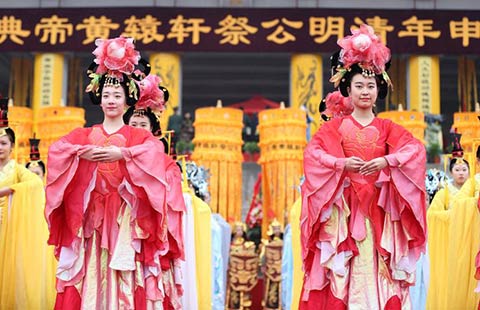Liu, from the Institute of Toponymy, explained the approval procedure. He said a construction plan containing the proposed names of buildings is usually submitted to a civic planning committee, while in some places local civil affairs departments, which are responsible for overseeing place names, are not involved, but individual officers are often asked for their personal opinions. 
The March meeting on standardizing place names also debated the renaming of localities, which are often associated with geographical features or have an approximate cultural meaning. For example, Beijing literally means "North Capital", while Shanghai can be translated as "the place to set out to sea".
Li, the minister, stressed that geographical names carry a country's culture, history and national spirit. "We must put an end to the capricious renaming of geographical locations and prevent the disappearance of names with historical and cultural meanings," he said.
The recent renaming of a road in Zhengzhou proved so controversial that it attracted the attention of the public nationwide. The local government changed the name of Zhacheng Road to Ping'an Road, but the move was so unpopular that in September, five residents filed a lawsuit against the government to reverse the decision.
The city government claimed that the new name, which literally translates as "Peace Road", will be more easily recognizable to people from other areas, and that the change was supported by the results of a poll conducted among local residents.
According to one of the plaintiffs, Zhu Guangyi, whose family has lived in the city for at least 430 years, "Zhacheng" was the name of a country that existed in the area about 3,500 years ago.
At the court hearing in February, the 60-something said the government's move violated the State Council's regulations on changes to the names of geographical locations and also the guideline that states that names with significant historical meanings should be protected. The court has not yet announced a ruling on the case.
























 Raymond Zhou:
Raymond Zhou: Pauline D Loh:
Pauline D Loh: Hot Pot
Hot Pot Eco China
Eco China China Dream
China Dream China Face
China Face






